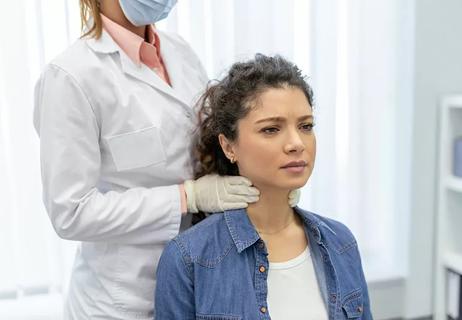
… your period. So, how can you tell when it’s hormones and when it’s something else?Women’s health specialist Pelin Batur, MD, talks about a few types of hormonal imbalances commonly seen in …
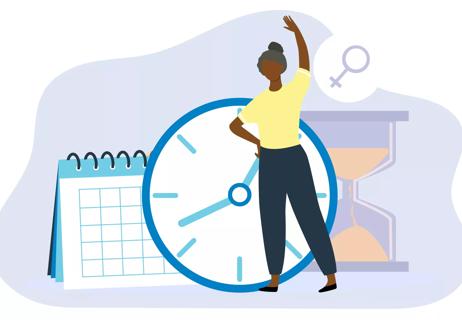
… and osteoporosis (weak bones). “Adults should not break bones when they fall from a standing position,” says women’s health specialist Holly L. Thacker, MD, FACP. “That is not a standard part of aging.”Bone …
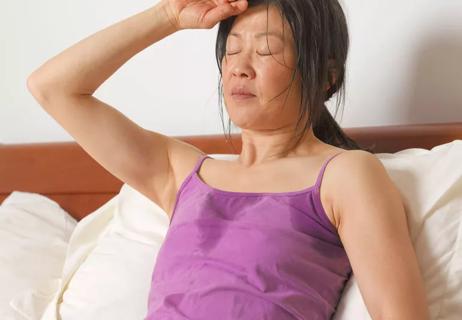
… and wake up drenched in sweat during the night.So, should you be concerned?Internal medicine and women’s health specialist Andrea Sikon, MD, explains what’s normal when it comes to hot flashes and …

… comes down to how often you have to think about them.IUDs are medical devices that a women’s health specialist implants in your uterus to prevent pregnancy for several years.Birth control pills are …
Advertisement
Cleveland Clinic is a non-profit academic medical center. Advertising on our site helps support our mission. We do not endorse non-Cleveland Clinic products or services. Policy

… nights a week. But the older you get, the more intentional you have to be about your health.Women’s health specialist Sobia Khan, MD, encourages you to:Get enough sleep.Eat a balanced diet …

… care.Family medicine providers are a kind of PCP. They can care for children, adults, seniors and women’s health concerns. That can make them a good fit if you’re looking for a single …
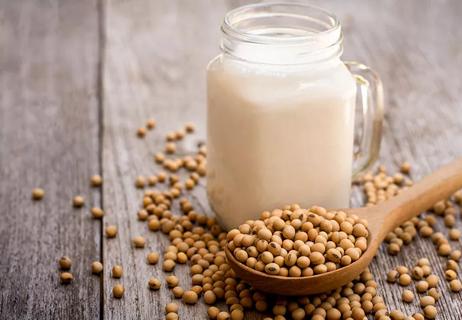
Menopause comes with a lot of ups and downs. As your estrogen levels decrease, things like your body temperature and weight may increase. So, how do you stay balanced on the rollercoaster that is menopause …
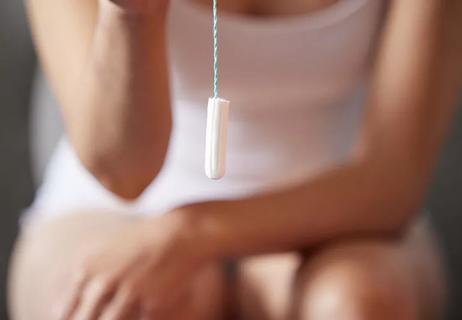
Everyone loves a good sale, but hold off before you stock up on enough half-price tampons to get you through a decade’s worth of heavy periods.As it turns out, tampons actually have …
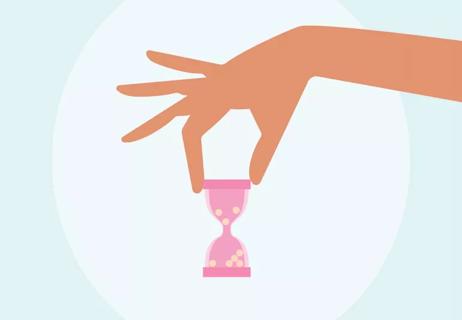
Officially, menopause occurs when you haven’t had a period for 12 months. Alas, it’s not quite as simple as, “Now it’s here, now it’s gone.” First comes perimenopause, a transitional stage …

Who doesn’t love warm crescent rolls right out of the oven? Our simple recipe is delicious as a meal or as an appetizer.Ingredients1 yeast cake or 1 package of dry yeast, softened in …
Advertisement
Advertisement